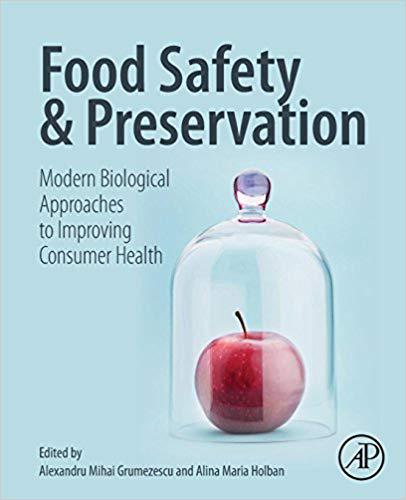The Safety of Down Comforters: Are They Harmful to Our Health?
The safety of down comforters has become a matter of concern for many consumers. In this article, we explore the potential risks and benefits of using down comforters, paying special attention to their impact on our health. We also provide tips on how to choose a safe and comfortable alternative if you decide to avoid down comforters.
In the realm of bedtime comfort, the down comforter holds a special place for its soft, warm, and lightweight qualities. But are these soft white clouds as harmless as they seem? The question of whether down comforters are harmful to one's health has been a subject of debate for quite some time. Let's delve into the issue and explore the facts.
The Composition of Down

Down, derived from the underlayer of ducks or geese, is a highly sought-after material for its exceptional insulation and comfort properties. It is composed primarily of soft, fluffy fibers that are highly effective at trapping heat. However, it is the high levels of allergens and dust mites that often raise concerns about its use in bedding.
Allergies and Sensitivity
People with allergies to dust or animals may experience reactions to down comforters. The small particles of down can act as irritants, triggering symptoms such as sneezing, runny noses, or even full-blown allergic reactions. For those with asthma, the use of down comforters could potentially exacerbate symptoms.
Mites and Bacteria
Dust mites and bacteria are common inhabitants of down comforters, particularly in humid environments. These microorganisms can thrive in the warm, dark environment provided by the comforter, posing a risk for those with sensitivities or weakened immune systems.

Chemical Treatments
Some down comforters undergo chemical treatments to enhance their water-resistant qualities or to improve their insulation. These chemical residues may also trigger reactions in individuals with sensitivities to these treatments.
The Alternative Route
For those concerned about the potential health risks of down comforters, there are numerous alternatives available. Synthetic materials such as polyester provide a non-allergic option that is often more affordable as well. Additionally, wool comforters offer natural antibacterial and dust-repelling qualities, making them a good choice for those with sensitivities.
Maintenance and Care

Proper care and maintenance can also affect the safety of a down comforter. Regular washing and drying according to the manufacturer's instructions are essential to maintain its cleanliness and reduce the risk of allergens and bacteria buildup.
Conclusion
In conclusion, while down comforters offer a wealth of comfort and warmth, they may not be suitable for everyone. The potential health risks, particularly for those with allergies or sensitivities, must be carefully considered. However, with the wide range of alternative options available, it is possible to find a comfortable solution that is also safe for everyone.
Articles related to the knowledge points of this article:
Title: Mastering the Art of Tie Knots: The Perfect Knotted Tie
Title: The Elaborate and Symbolic Significance of Military Dress and Ties
The Beauty of Women in Winter Coats
Title: Selecting the Perfect Tie: A Guide to the Best Brand Selection
Title: The Perfect Match: Choosing the Perfect Tie to Pair with Gray Suits



